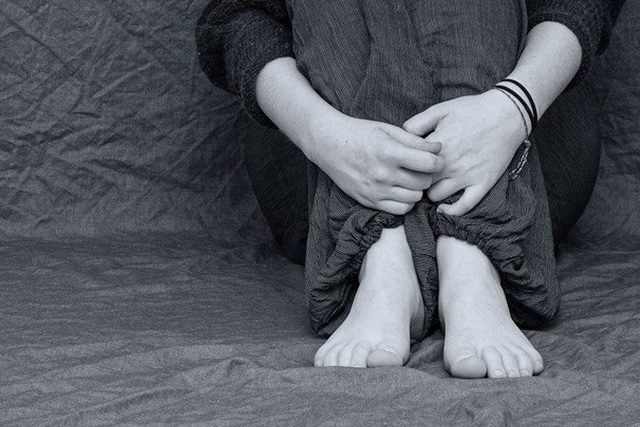The Far Eastern University recently released a policy paper that revealed financial problems can cause depressive feelings among university or college students.
The paper titled “College Finances and Self-Reported Depression among University Students” was published on the website of FEU’s Public Policy Center on May 26.
It was written by academics and practitioners Michael Alba, Donnie Paul Tan, Rutcher Lacaza and Emmanuel de Dios.
In the study, they examined the relationship between the mental health and financial concerns of students following the passage of the Universal Access to Quality Tertiary Education Act (Republic Act 10931) in May 2017.
The students in their analysis were enrolled in private colleges/universities from 2015 to 2018.
The policy paper also used a college survey called the College Experience Survey (CES), an “annual, longitudinal survey covering students from eight private Philippine colleges and universities.”
Financial difficulty elicits depressive feelings
In the study, the researchers found evidence that students who belong in an income bracket higher than the lowest income group “may suffice to lessen” depressive feelings.
“Consistent with other findings, we find that the perception of financial difficulty can elicit depressive feelings among college students. The study finds that being in an income bracket higher than the lowest income group may suffice to lessen the feeling of depression among college students, although we find no similar results among those from higher income brackets,” they said.
There is also evidence that the students’ economic standing compared to their peers also contributes to their feelings of depression.
“There is evidence however that students’ relative economic status, i.e., their economic standing relative to that of their peers, plays a role in affecting students’ feeling of depression, supporting findings from previous studies,” the researchers said.
There are factors or variables, however, which they found no links to feelings of depression.
These are the following:
- Debt reliance
- Family social activities
- Attending religious activities
- Parental education
There is limited data, meanwhile, if the household size or education-related expenditures that can cause feelings of depression.
“Given the growing importance of mental health in educational outcomes and overall well-being, a valid inventory of depression, anxiety and stress scale can present more descriptive and reliable measure to communicate to school administrators and policymakers,” the researchers said.
What should policy and decision-makers do?
The authors said that the following actions and measures may be implemented in public policies to reduce the feelings of depression among students:
- “Financial assistance to low-income students, even partial support, may reduce the frequency of feeling depressed”
- “Individualized counseling and guidance may be required to identify and counsel students who may suffer from mental health difficulties”
- “Pay attention to the mental health of poorer-than-average students not only in absolute terms but in the specific observable college milieu in which these students find themselves”
- “Create a campus culture with a diverse economic and cultural backgrounds”
Moreover, the researchers also emphasized that those who have experienced parental loss are prone to “heightened feelings of depression.”
For future studies, the authors recommended the observation of “a broader story between socioeconomic status and psychological distress, anxiety, and depressive moods.”
“These can elucidate the prevalence of these mental health problems among college students as more large-scale longitudinal studies allow for other possible factors in this type of studies,” they said.










